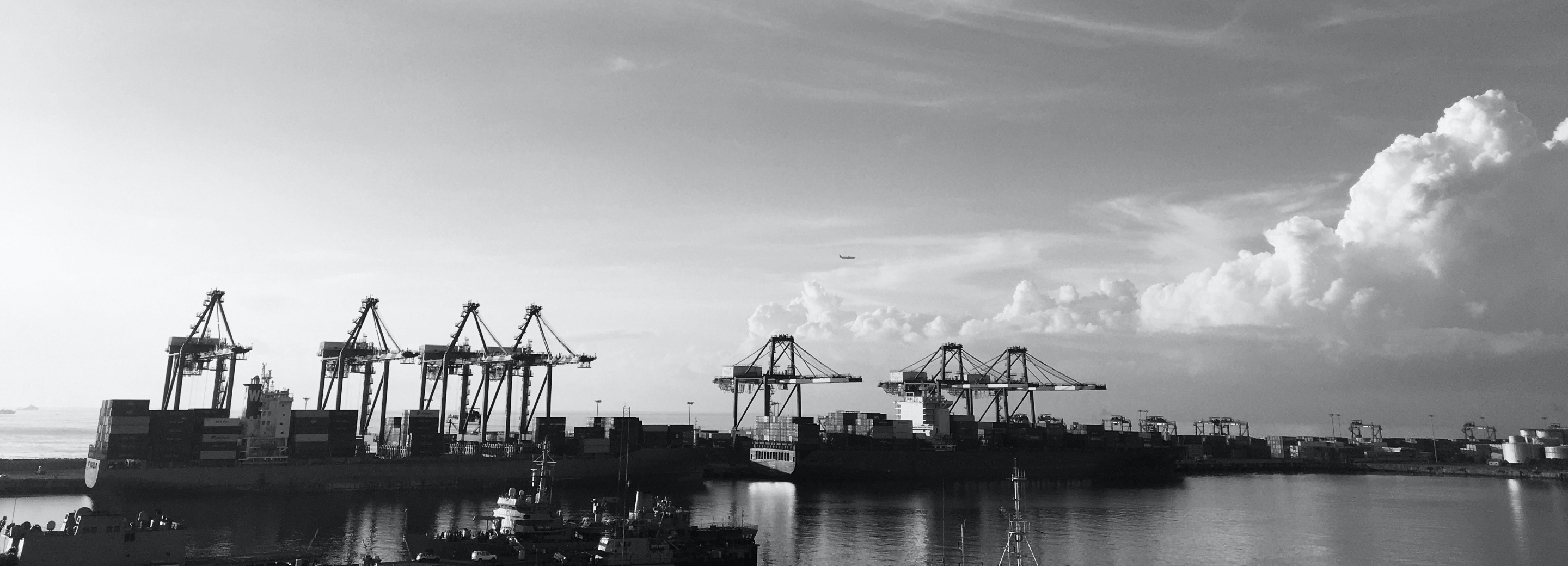
28 March 2023, Copenhagen
Trade unions representing employees of the world’s largest listed shipping company are in Copenhagen today to take their labour message direct to Maersk headquarters as the company records a record $29 billion profit.
Unions from as far afield as the Netherlands, the United States and Australia will give their review of the Maersk Group’s performance on key labour issues in the past 12 months across the company’s operations, including:
- Nine Maersk workers and contractors were killed at work in 2022
- Maersk’s tug division Svitzer attempting to cut workers’ pay by 47% in Australia
- Svitzer is also undermining wages and conditions in Argentina via subcontracting
- Maersk is breaking its own values by refusing to collectively bargain with unions
- Maersk reduced use of the word ‘union’ from its Annual Report in 2023
- Researchers recently found Maersk pays a much lower rate of tax than workers do
“By refusing to collectively bargain with unions, Maersk is breaking its own values which commits the company to upholding this important human and labour right,” said Jacqueline Smith, Maritime Coordinator for the International Transport Workers’ Federation (ITF). The ITF is a federation of transport workers’ unions representing Maersk employees and contractors who are seafarers, dockers, tug and towage, and logistics workers.
“We remain concerned that Maersk allows country managers like those running Svitzer Australia and Svitzer Argentina, to make a mockery of Maersk’s values. You can’t have one set of values for when you’re marketing a brand as progressive on labour and climate change in Europe, and another set of values for how you really treat your workers on the other side of the world. Customers, just like unions, expect consistency across the global business.”
The company’s annual general meeting is remote-only this year, with the explanation given that the $40 billion company was unable to organise an in-person meeting amidst its internal restructuring. As a consequence, unions are being invited by Maersk management to hand over their concerns in writing to the company, rather than speak to their labour statement, as happened in previous years.

“Even though the company has shifted their AGM online this year and prevented shareholders, including unions with shares, from speaking to our concerns in the normal way, we have come to Copenhagen to deliver our message in person,” she said.
“Maersk needs to know that in good times and in bad, the voice of labour is constant. We will always be here to be a critical friend: holding them to account for their performance and conduct toward the working people who keep their supply chains moving,” said Smith.
Danes expect consistent rights approach
Karsten Kristensen, chair of the ITF’s Maersk Network of unions and Deputy Chairman of the Transport Group at Danish union 3F, said shareholders and the public in Maersk’s home country expected the flagship company to be sharing its success with its workforce and amongst the wider community.
“Today’s AGM reveals in black and white that Maersk Group made $29 billion US dollars profit in the past year. This is a tremendous amount money. That success needs to be a shared success, both with its workers and with society,” Kristensen said.

“With great profit comes great responsibility. These are the good times, when Maersk has no excuse but to live up to its values in every corner of the globe. In Denmark, and overseas.”
Kristensen’s comments are made in light of recent news that the company pays a far lower rate of tax than workers in many of the countries in which it operates, including Denmark. Research by tax transparency centre CICTAR found a worker earning an average income in Denmark pays 13 times the rate of tax paid by Maersk.
“For yet another year we are dismayed to hear from our Australian colleagues that Svitzer Australia’s management continue to be a law unto themselves, committing the most unacceptable attacks on collective bargaining – all in the name of ‘Maersk’.”

Maersk needs to listen to labour voice now more than ever
“How is that Svitzer, Maersk’s tug and towage division, can negotiate a fair pay rise of more than 10 percent with its workers in the United Kingdom, yet in Australia, they are trying to tear up the long-held collective agreement of its workforce altogether?” asked Kulsoom Jafri, ITF Maersk Network Coordinator and maritime lead campaigner.
“The consequence of doing so would be to push these workers, heroes of the pandemic, onto the bare legal minimums of the Award – doing away with their minimum crewing numbers and endangering lives.”
“With the future of the shipping sector uncertain; now more than ever, Maersk needs to be listening to the voice of labour when we raise concerns.”
“The company has bought billions in assets, acquiring companies in industries where its managers have much less knowledge than the workforce. We have come to Copenhagen this year, like every year, because the tens of thousands of Maersk employees speak for ourselves. And we demand consistency from AP Moller Maersk,” said Jafri.
About the ITF: The International Transport Workers’ Federation (ITF) is a democratic, affiliate-led federation of transport workers’ unions recognised as the world’s leading transport authority. We fight passionately to improve working lives; connecting trade unions and workers’ networks from 147 countries to secure rights, equality and justice for their members. We are the voice of the almost-20 million women and men who move the world.
